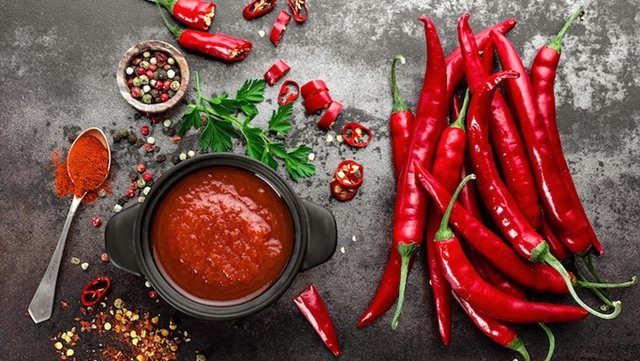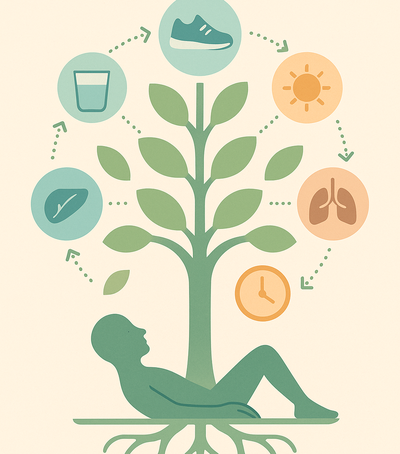
For many people, spicy food, spices are matters of â??loveâ?! No cooking can be thought of without them. But stomach issues seem to come after that feeling, and sometimes become more serious than we might think! Stomach burns, ulcers, colon problems can be a host of symptoms that make it even harder to digest and enjoy until the end of a meal. So, we asked some nutritionists and these are their professional-based theses, of course!
Marta Ferraz-Valles is a dietitian at the Institute of Digestive Health and Liver Diseases in New York. She has years of experience in advising nutrition for weight loss and gastrointestinal conditions. Constantly consuming spicy food is not necessarily bad for digestion, but nutritionists say it can cause symptoms in people who have reflux, irritable bowel syndrome (IBS) and inflammatory bowel disease (IBD), and so on. Simply put: spicy foods do not usually cause digestive problems, but they can make them worse.
"Because each person's bowel health is unique, spicy foods can cause problems in certain people. If you have reflux or IBS, then typically, spicy foods can make you feel somewhat bad," say nutritionists. .

Nutritionists raise an important point, telling us that sometimes itâ??s not the spices that cause digestive problems, but the other foods youâ??ve eaten at the same meal. "Roasted chicken wings can cause digestive problems due to fried wings and not hot sauce," says Ferraz-Valles. "If you eat cheese with French fries and hot sauce, the digestive symptoms may worsen due to the overall fat content of the meal, not the spicy part."

Can spicy food be healthy?
Many spicy foods are loaded with nutrients and offer many nutritional benefits. Chili peppers, for example, are an excellent source of vitamin E, along with vitamin A, vitamin B6, vitamin K, iron and fiber. Meanwhile, spices like chili, turmeric and black pepper are believed to have anti-inflammatory properties.
If you enjoy spicy food and your stomach does not bother you, nutritionists say there is no reason to leave this pleasure. Many chili peppers contain an ingredient called capsaicin which is said to reduce inflammation and pain, among other health benefits. "Capsaicin has also been shown to help lower your risk of heart disease, regulate blood pressure and lower your LDL (or bad) cholesterol," says Zeitlin.

Instead of trying to manage a possible food intolerance yourself, it is important to see a dietitian, a gastroenterologist, or other health care professional for instructions on digestive issues and elimination diets.





